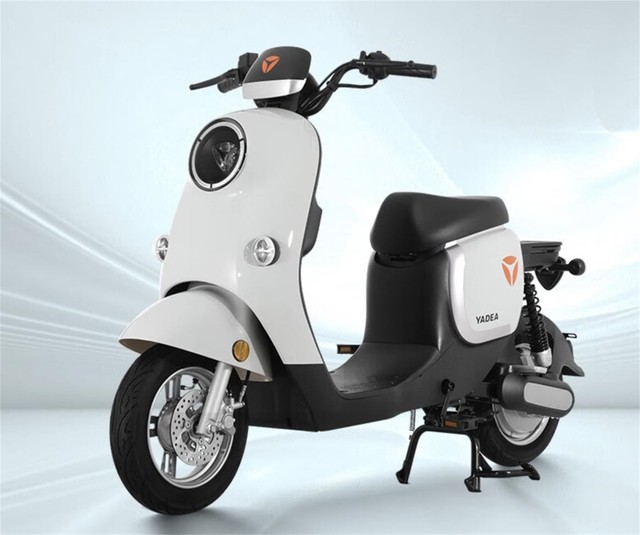In 2025, the electric vehicle market ushered in a new change. Yadea Company took the lead in launching four electric vehicles equipped with sodium batteries, which have been fully launched and can be easily purchased by consumers through online and offline channels.This innovative move marks that sodium battery electric vehicles have officially entered the public’s field of vision. However, industry experts recommend that consumers give priority to lithium battery models. What is the reason behind this? Let’s find out.

Sodium battery advantage
Although sodium batteries have many advantages in theory, their energy density is currently only about 100 Wh/kg, which is far lower than the level of lithium batteries. Sodium batteries have not yet obtained unified mandatory certification, product quality is uneven, and safety still needs time to test. These factors undoubtedly add concerns to consumers’ choice of sodium battery electric vehicles.
Low sodium battery
In contrast, after years of technical iteration and optimization, lithium batteries have advanced battery management systems and thermal management systems, which can effectively avoid problems such as battery overcharging, over-discharging and overheating, and significantly improve safety. However, the technology of sodium batteries in this regard is still being improved, and consumers are still waiting to see the stability of their performance.
In terms of cost, although sodium batteries theoretically have lower raw material costs, their production costs are still high because they have not yet been mass-produced and the manufacturing process is relatively complex. For example, sodium batteries require the use of special current collector materials, which undoubtedly increases their production costs. Although lithium batteries are more expensive, their prices have shown a sharp downward trend in recent years with the continuous advancement of technology and the increase in production.

From the perspective of vehicle selection, lithium battery electric vehicles are undoubtedly more abundant. Although Yadi has launched four sodium battery electric vehicles, the number of models is still insufficient compared with lithium battery electric vehicles. At present, there are many brands of lithium battery electric vehicles on the market, and the models are dazzling. Consumers can easily choose their favorite models according to their preferences and needs.
Lithium batteries also have more advantages in terms of maintenance and maintenance costs. The number of charge and discharge cycles of lithium iron phosphate batteries is higher than that of sodium batteries, and the unit time cost is lower. At the same time, lithium batteries have a complete after-sales service system. Once a problem occurs, consumers can enjoy convenient repair and replacement services. Since sodium batteries have just been put on the market, their maintenance and maintenance technology is not yet mature, and the maintenance costs are relatively high.
